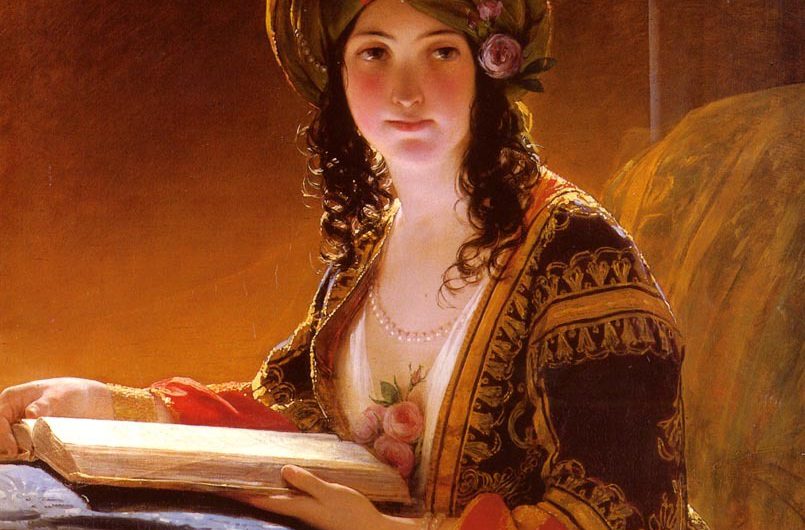There are so few documents about it, but we certainly know women in Al-Ándalus did participate on politics, social and cultural life at that time.
If we focus on Granada’s Kingdom, Fatima Bint Al-Ahmar is a clear example of this. In her 65 years old she achieve to get the guardianship political of her grandson, the heir to Muhammad IV`s throne. This role could have been done by any of the respectable men in palace. Fatima was finally the chosen one, and this let her participate on all matter for the emirates. This is something that would not happen very often at that time. After she died, Al-jatïb the poet, wrote a poem in her honor, describing her as an unique woman who was one step ahead her time.
We can also find the poet from Granada called Hafsa Bint Al-Hayy. She was from a noble family from the 17th century. Several of her poems have been preserved, most of them were poems she would send to her lover, also a poet called Abu Yafar. Her biographers talk about her like a master of her time. She had great culture and so was responsible for educating the Almohad princesses in Marrakech, where she died.
(…) I do not think the sky would show its stars
Except to spy on us.
Hafsa Bint Al-Hayy
Nazhun Bint Al-Qala’i was a shameless poet from Granada that probably lived during the 11th century. Her poems were very direct and sometimes even had sexual content. In that society of men, in which they could feel threatened by such a woman’s character, Nazhum was force to stand up for herself and her poetry when she was insulted.
(…) I paid poem by pome;
for my life, now tell who is the bets poet;
if I am by nature a woman
my poetry is a man.
Nazhun Bint Al-Qala’i


